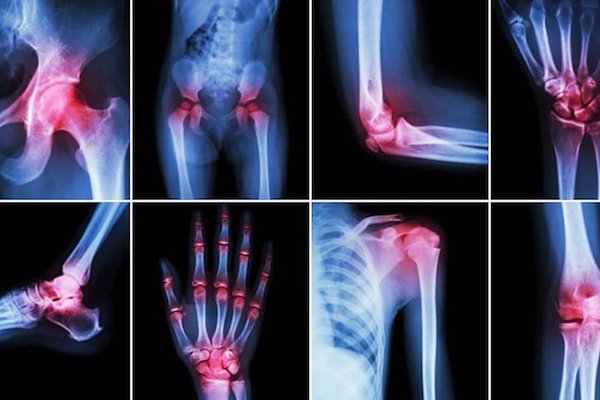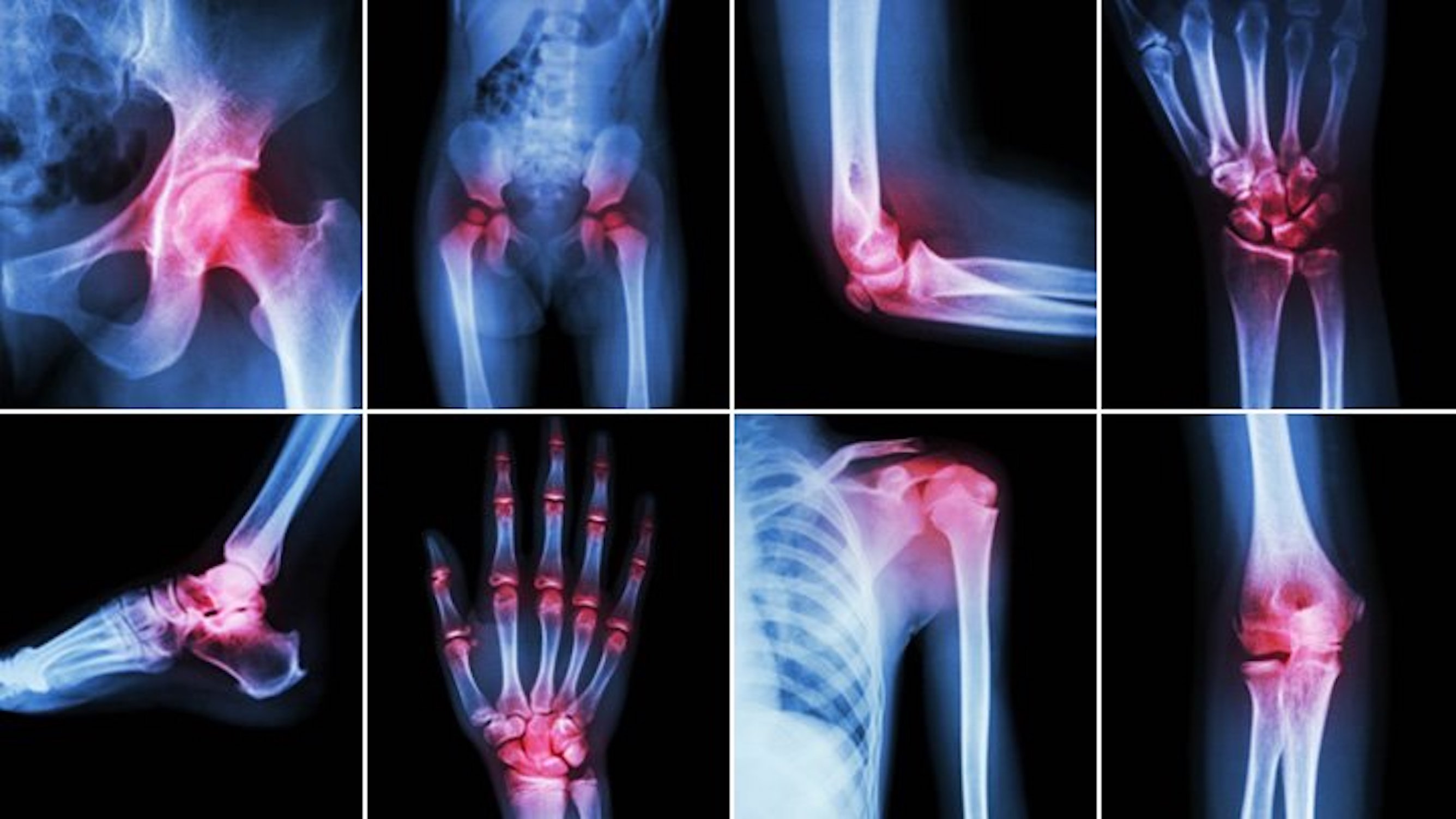A randomized trial published in Clinical Pharmacology & Therapeutics. found that the targeted use of placebo effects increased the efficacy of an antihistamine (dimetindene) infusion in patients with atopic dermatitis (AD), consistent with evidence from previous pain research.
According to the study’s joint lead authors, Ariane Sölle and Prof. Dr. Margitta Worm, “by varying the treatment context, additional placebo effects of a drug can be built. Their targeted use can increase drug efficacy in patients with chronic atopic dermatitis.”
Researchers randomized participants to two treatment and two control groups:
- Treatment group one was given “open drug administration” of dimetindene with information (OPEN-DRUG+INST).
- Treatment group two was openly administered dimetindene with an additional classical conditioning learning experience (OPEN-DRUG+INST+COND).
- Control group one was given “hidden drug administration” of dimetindene with no additional information (HIDDEN-DRUG).
- Control group two received a saline infusion as a placebo and also underwent the conditioning experience (PLAC+INST+COND).
Researchers induced itch with a histamine skin prick test. The primary outcomes were subjective experimental itch intensity and numeric rating scale. The objective secondary endpoint was wheal size in mm2.
The report stated that induced itch intensity decreased in all groups, though at different rates (p = 0.001). The itch reduction was significantly stronger in the groups that were openly administered either dimetindene or placebo when compared to the HIDDEN-DRUG group (OPEN-DRUG+INST+COND: p = 0.001, OPEN-DRUG+INST: p = 0.009, and PLAC+INST+COND: p = 0.001). Additionally, the conditioning exercise resulted in a stronger itch reduction (p = 0.001). The results on wheal size were similar between groups (p = 0.048), with no significant differences found between the HIDDEN-DRUG group and the PLAC+INST+COND group (p = 0.967).
Authors noted that the study design limited their ability to answer how the drug and psychological effects combine but pointed to results of their trial that “indicated the strong influence of psychological variables (e.g., context factors in which a drug is given).”
The investigators recommended that “treatment context factors should be systematically included in clinical pharmacological studies,” and further suggested that targeted placebo effects should be used in clinical practice.









